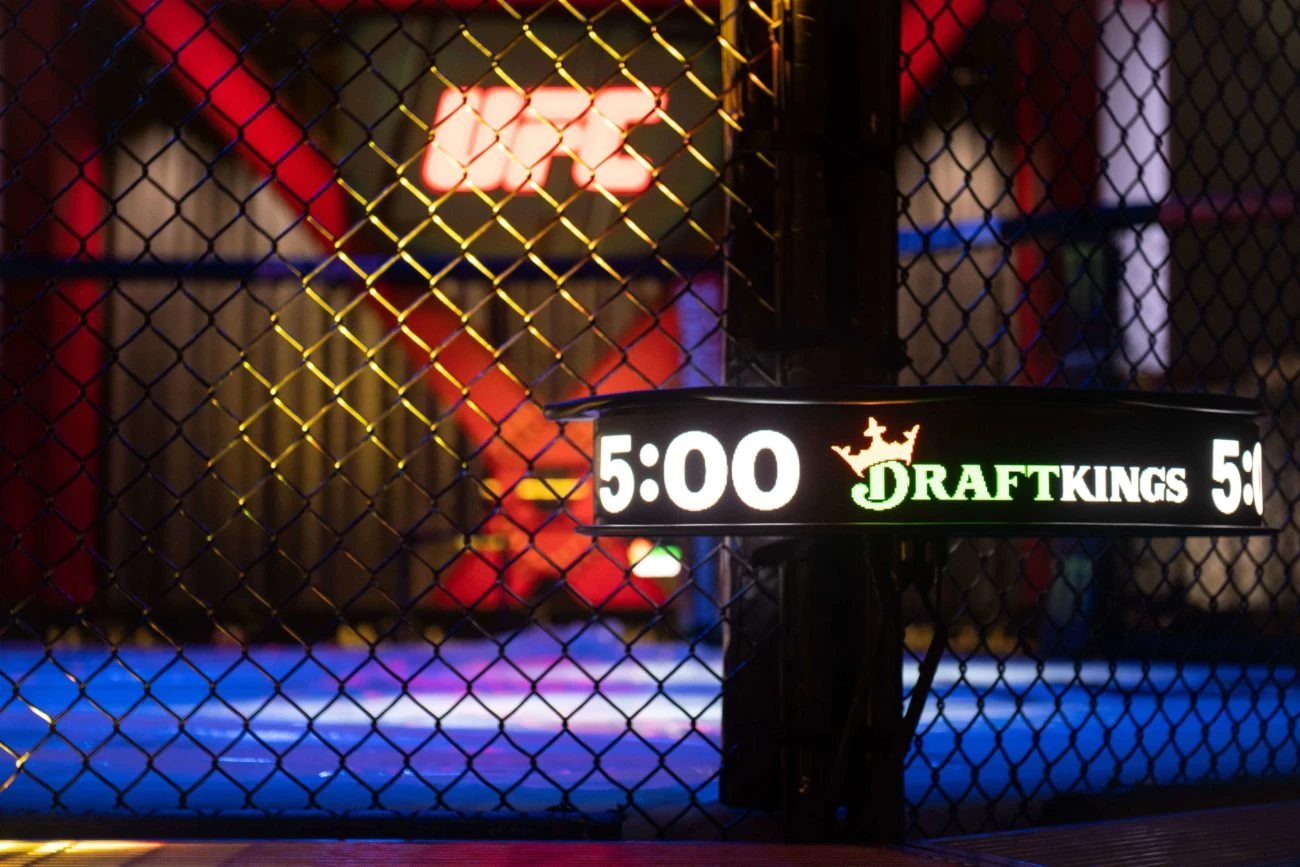After rolling out proposed winners’ tax, DraftKings projects $1bn in 2025 profits, fails to meet estimates

On Thursday (1 August) DraftKings announced that, beginning 1 January 2025, it will charge a surcharge on winnings on customers in high-tax (more than 20%) legal gaming states. A day later, the company announced that it expects between $900m-$1bn (£781m/€917m) in EBITDA in fiscal year 2025, which began 1 July.
The new fee, Robins explained in the call, is a sort of insurance, which he calls a “nominal” fee to bettors.
“It makes a huge difference to our ability to make a reasonable margin,” he told investors on Friday. “And more importantly [it will help us] to compete with the illegal market that pays no taxes and can invest 100% of revenue into their products.”
Robins banking on consumers to “ultimately understand”
Bettors and analysts had immediate and visceral negative reactions to the surcharge. But on the day that DraftKings announced it had missed analyst expectations and shares dropped 10%, Robins remained undaunted.
“It is an important step that consumers will ultimately understand,” Robins said during the Q&A portion of the earnings call. “If they feel the product and experience is better, then they would rather pay for that than go somewhere else that doesn’t have as strong a product.”
DraftKings is the number two legal wagering company by market share across the US. Competitor FanDuel is number one. The pair have a combined market share of about 80% when it comes to digital sports betting. But competitors are looking for any opportunity to cut into that.
“I think that every company has to do what’s best for their own business,” he said. “And this is what we believe is best for us. We think if that is our calculus, that others might come to the same conclusion. There might be other ideas for how to implement something like this than what we came up with. We do have some time between now and 1 January, so we’ll see what happens.”
Customer acquisition remains strong
As the industry continues to digest this latest wrinkle, DraftKings shared other, less controversial news during the call.
Robins said the company is achieving “strong and efficient” customer acquisitions and that DraftKings expects positive EBITDA from the Jackpocket acquisition as early as fiscal year 2025. He said the company expects continued “overperformance” in customer acquisition and that the proposed surcharge will juice EBITDA in 2025.
According to DraftKings, its “monthly unique players” metric is up 50% against the same quarter last year. The company continued to spend heavily on customer acquisition last quarter, reporting sales and marketing spend of $215m.
On the sports betting side, DraftKings, like several other operators, will benefit going forward from the somewhat unexpected opportunity to gain market access in Washington, DC last month. It also recently launched in-house player props for NFL, NBA, MLB, NHL, CFB, CBF and tennis. The operator is now offering “broadened” progressive parlays that include spreads.
In addition, officials say its new deal with the NFL to offer a “bet and watch” option has great potential.
Revenue slightly below expectations
On the igaming front, DraftKings completed its deal to buy Jackpocket during the quarter. That deal allows the company to cross-sell across platforms and get into the online lottery game. It also significantly increased DraftKings’ online gambling customer base.
Robins said DraftKings and its Golden Nugget platform are ranked first and second for online casino and have plans to “double” the number of new games offered.
When it comes to hard numbers, the operator failed to meet analyst expectations for Q2. It had revenue of $1.10bn, barely missing the $1.12bn analysts projected. But the number represents a 26% increase in revenue against Q2 2023. Adjusted EBITDA of $128m also came in below analysts’ projections of $129.3m.
Additionally, the company’s board agreed to a $1bn stock repurchase plan during the quarter.
After the call, its stock slumped in reaction to the surcharge and the missed projections. Shares traded as high as $34 on Friday and settled at $32.02, but hit an intraday low of $30.94. The last time DraftKings shares traded below $30 was 2 November 2023.
